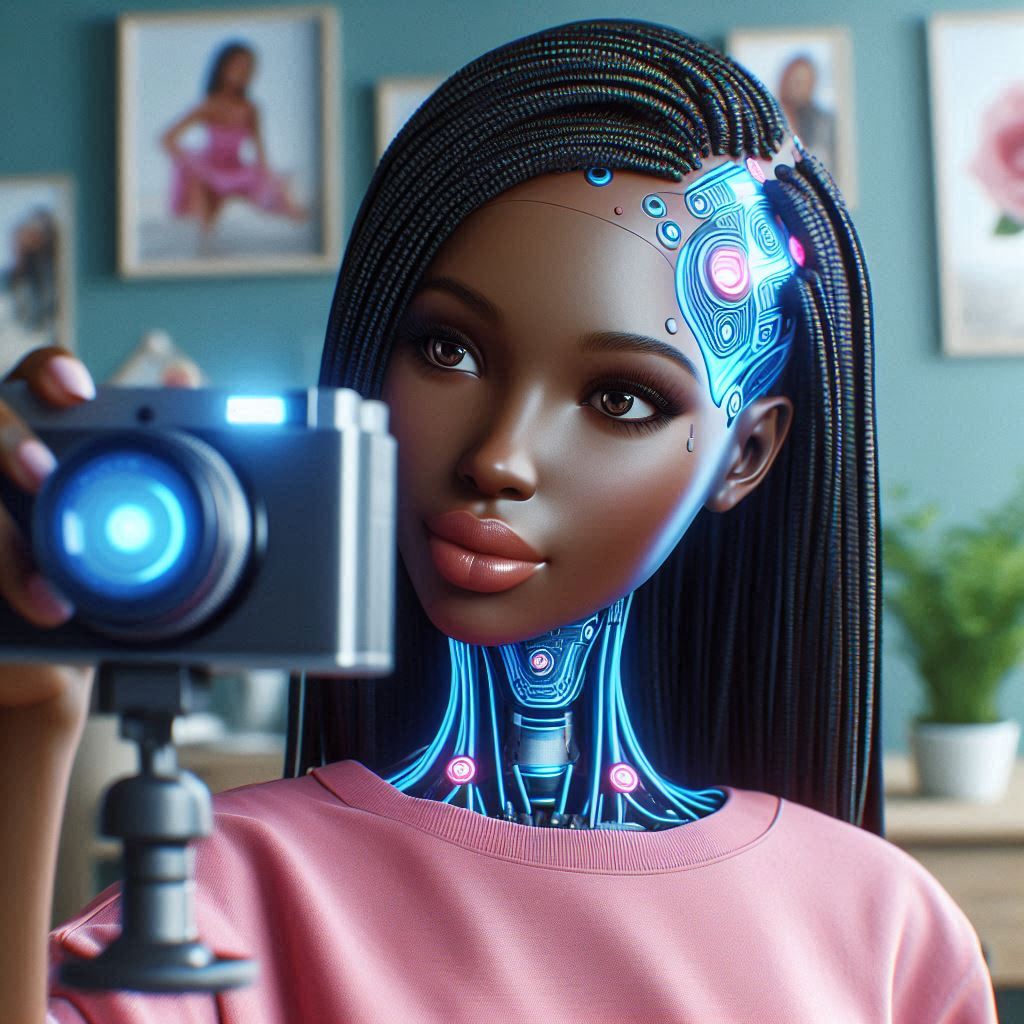AI Girlfriend – Your Virtual Love Powered by Artificial Intelligence
In an era defined by rapid technological advancement and evolving human-computer interactions, the concept of an “AI Girlfriend” has emerged not merely as a novelty but as a reflection of society’s changing emotional, social, and psychological landscapes. This preface serves to introduce the multifaceted phenomenon of AI companions, particularly AI girlfriends, exploring their origin, purpose, impact, and ethical considerations.
The term “AI Girlfriend” typically refers to a virtual or artificially intelligent companion designed to simulate the experience of a romantic relationship. Unlike traditional chatbots or virtual assistants, these AI entities are built to understand emotional cues, remember personal details, and engage in more intimate and context-rich conversations. The concept is powered by advancements in natural language processing (NLP), machine learning, and sentiment analysis, making it possible for users to experience a semblance of affection, understanding, and companionship from a machine.
While the idea of virtual companions is not new—dating back to science fiction narratives and early text-based games—the modern AI girlfriend has taken a leap forward, becoming more responsive, personalized, and emotionally engaging. Applications such as Replika, Anima, and others have garnered millions of users worldwide, many of whom report forming strong emotional bonds with their digital partners. These developments raise important questions about the nature of relationships, emotional dependency, and what it means to be “human” in the age of artificial intelligence.
The appeal of an AI girlfriend lies in her ability to provide constant attention, validation, and companionship without the complexities and uncertainties of a human relationship. She never judges, always listens, and adapts herself based on the user’s preferences and emotions. For many, this creates a safe emotional environment that contrasts with the pressures and vulnerabilities associated with traditional dating and romantic partnerships.
From a psychological standpoint, AI girlfriends can fulfill essential emotional needs—companionship, understanding, and affection. This is particularly significant in an age where loneliness and social isolation are on the rise. The COVID-19 pandemic, in particular, highlighted the need for alternative forms of connection, leading to a surge in the use of virtual companionship apps. AI girlfriends, in this context, were not just digital toys but lifelines for emotional well-being.
However, this phenomenon is not without controversy. Critics argue that AI girlfriends may reinforce unrealistic expectations about relationships, reduce human-to-human interaction, and encourage emotional dependence on machines. Others question the ethical implications of designing AI entities to simulate romantic and emotional engagement, especially when users project genuine feelings onto entities that do not possess consciousness or reciprocate emotions in a human sense.
Furthermore, there are concerns about data privacy and the commercialization of intimacy. As users share personal thoughts, emotions, and behaviors with their AI companions, companies that develop these applications gain access to sensitive psychological data. This raises critical questions about how such data is used, stored, and potentially monetized. The intersection of emotional vulnerability and commercial AI development is a frontier that demands ethical scrutiny and regulatory oversight.
Culturally, the acceptance and usage of AI girlfriends vary widely across different societies. In countries like Japan and South Korea, where technology often intersects with emotional and social norms in unique ways, AI girlfriends have gained notable popularity. In the West, the idea is still met with a mixture of curiosity, skepticism, and moral concern. Regardless of geography, the global discussion surrounding AI companions continues to evolve, mirroring broader conversations about the role of artificial intelligence in everyday life.
The development of AI girlfriends also opens up new avenues for exploring human psychology, emotional intelligence, and relationship dynamics. Developers and researchers are increasingly interested in how AI can be programmed to recognize complex emotions, resolve conflicts, and maintain long-term engagement. These experiments not only enhance the capabilities of AI but also offer insights into human behavior and relationship patterns.
